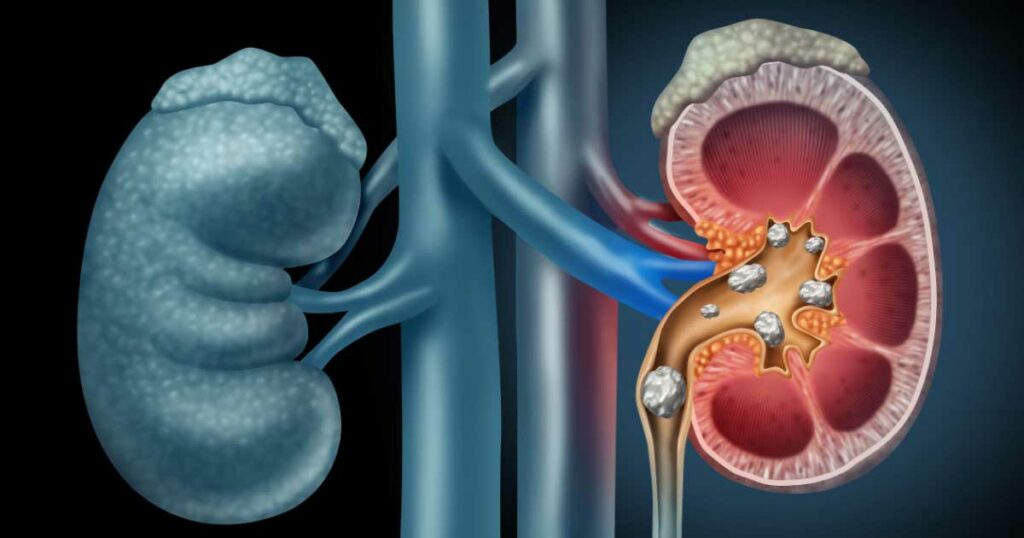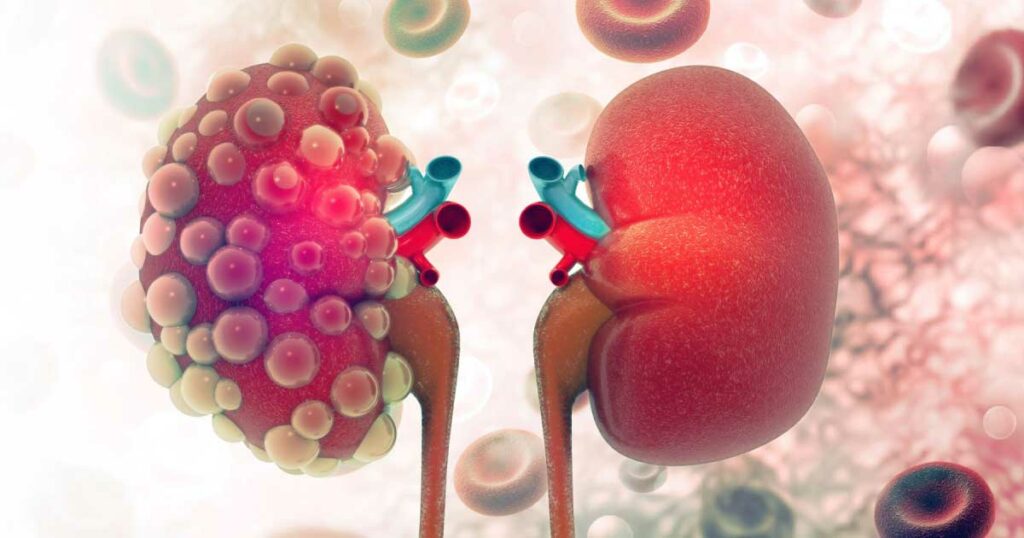Your kidneys play a crucial role in keeping your body healthy by filtering out waste, balancing fluids, and regulating blood pressure. However, when they become damaged, they struggle to perform these essential functions, leading to serious health complications. Kidney disease often progresses silently, with symptoms appearing only when significant damage has already occurred. Recognizing early warning signs can help you seek medical attention in time, preventing further harm and improving your overall well-being.

The kidneys, located just below the ribcage, filter toxins from the blood and help maintain a proper balance of minerals like sodium, potassium, and calcium. They also support red blood cell production and ensure that excess fluids are removed through urine. Healthy kidneys filter approximately 120 to 150 quarts of blood each day, but when they are compromised, waste accumulates in the body, leading to a range of symptoms.
Kidney disease can be caused by high blood pressure, diabetes, infections, or genetic factors. If left untreated, it can progress to kidney failure, requiring dialysis or a transplant. Because the early stages often go unnoticed, it’s essential to pay attention to signs your body may be giving you.

One of the first indicators of kidney trouble is a noticeable change in urination. You may experience increased frequency, especially at night, or have difficulty passing urine. Foamy or dark-colored urine may also indicate kidney dysfunction. Persistent fatigue is another common symptom, as impaired kidney function can lead to anemia and a buildup of toxins, causing weakness and difficulty concentrating.
Swelling in the hands, feet, face, or legs may signal fluid retention due to kidney disease. When the kidneys are unable to eliminate excess fluids, swelling occurs, making movement uncomfortable. Some people also experience persistent back pain near the lower ribs, which may range from mild discomfort to severe pain.

Unexplained weight loss, loss of appetite, and frequent nausea or vomiting can also be signs of kidney problems. The buildup of waste in the body can cause digestive disturbances, leading to a lack of interest in food. Many people with kidney disease also struggle with sleep disturbances due to muscle cramps and restlessness.
A metallic taste in the mouth or persistent bad breath can indicate that toxins are accumulating in the bloodstream. Muscle cramps, twitching, and itchy skin may also suggest kidney dysfunction, as imbalances in electrolytes affect nerve and muscle function.
If you notice these symptoms, consulting a doctor is crucial. Early diagnosis can help manage the condition before it worsens. To maintain kidney health, focus on a balanced diet, regular exercise, staying hydrated, and avoiding excessive alcohol or tobacco use. Regular check-ups are also recommended, especially for those with risk factors such as diabetes or high blood pressure. Taking proactive steps can protect your kidneys and overall health.


